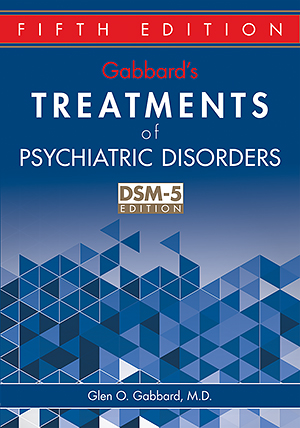Chapter 7.Elimination Disorders
Sections
Excerpt
Disorders of bladder and rectal function leading to dysfunctional elimination of urine and feces are common in children, are often comorbid with psychiatric or neurological conditions, and in many cases persist into adulthood. Despite their clinical prevalence and substantial psychosocial and developmental morbidity, these conditions remain relatively poorly understood and therefore are often clinically missed or undertreated. The terminology used to describe these disorders is one indication of our lack of sophistication: although the bladder and bowel are complex organs that serve functions of both storage and elimination, only elimination is accounted for in the diagnostic nomenclature.
Access content
To read the fulltext, please use one of the options below to sign in or purchase access.- Personal login
- Institutional Login
- Sign in via OpenAthens
- Register for access
-
Please login/register if you wish to pair your device and check access availability.
Not a subscriber?
PsychiatryOnline subscription options offer access to the DSM-5 library, books, journals, CME, and patient resources. This all-in-one virtual library provides psychiatrists and mental health professionals with key resources for diagnosis, treatment, research, and professional development.
Need more help? PsychiatryOnline Customer Service may be reached by emailing [email protected] or by calling 800-368-5777 (in the U.S.) or 703-907-7322 (outside the U.S.).



